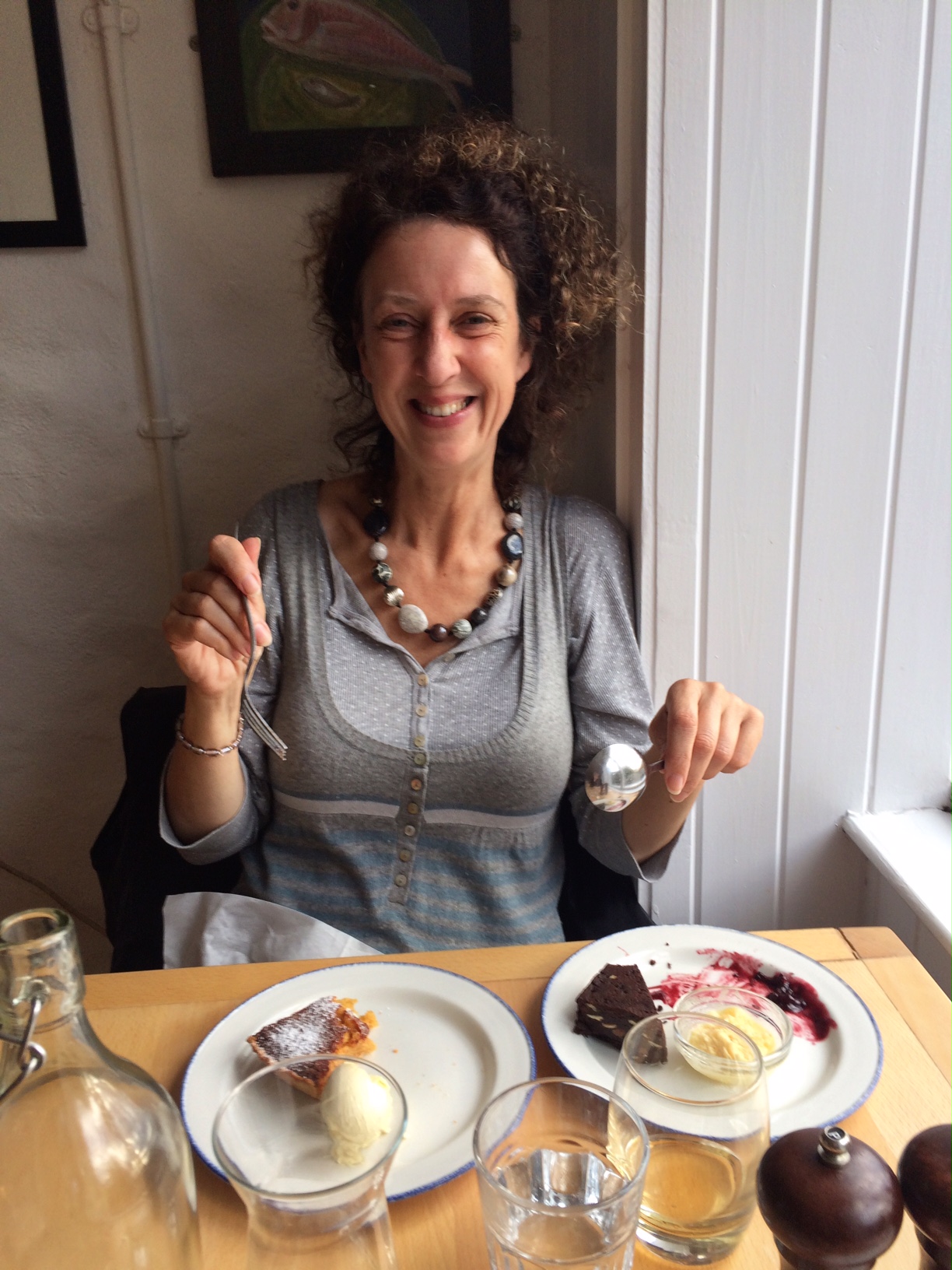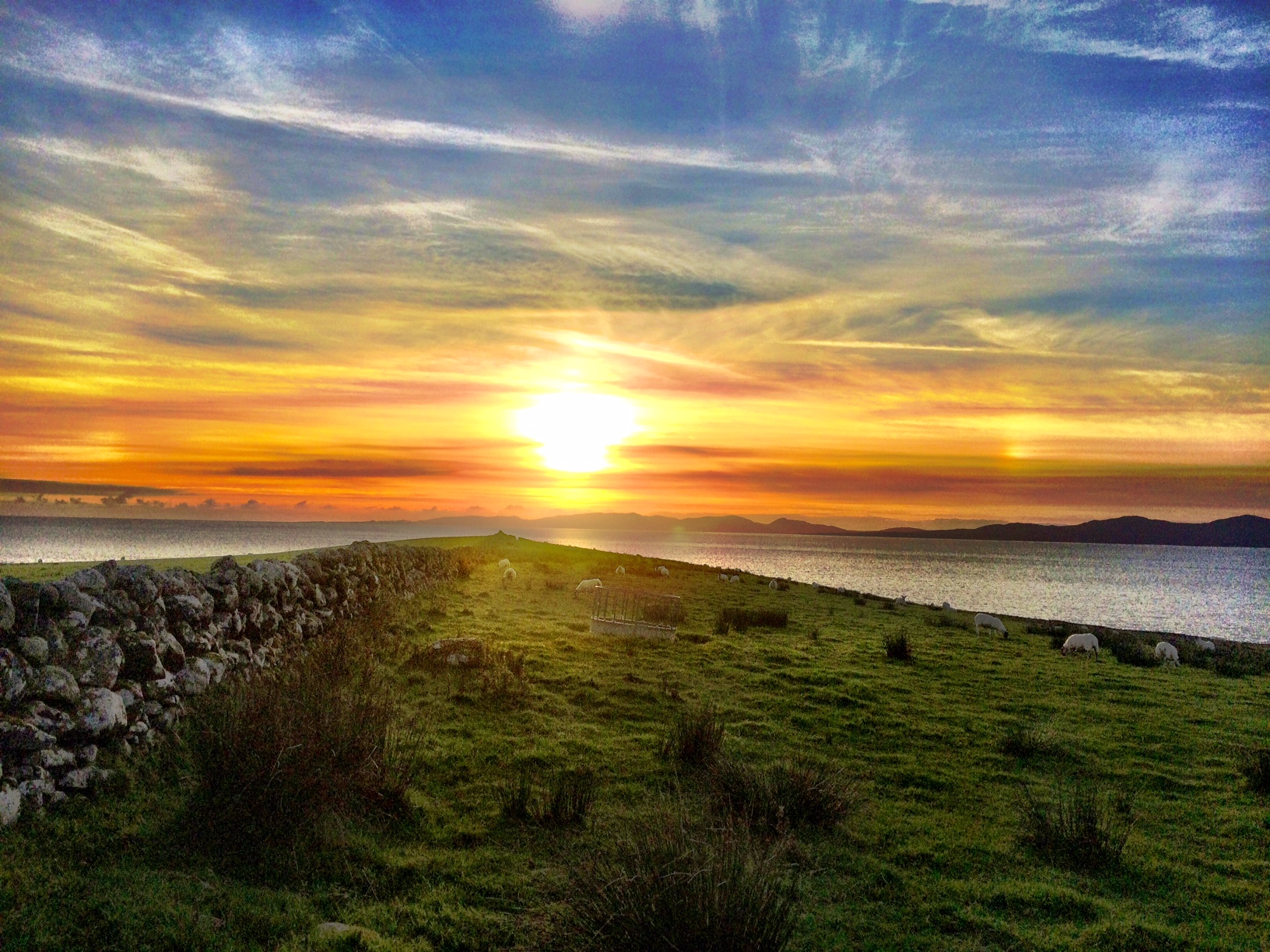The Paleo Identity Crisis: What Is The Paleo Diet, Anyway? http://www.gnolls.org/2226/the-paleo-identity-crisis-what-is-the-paleo-diet-anyway/
We call it “paleo†for the same reason that we call it “Latinâ€, even though we have absolutely no idea how it was spoken. Just as Latin scholars attempt to maintain something syntactically analogous to written Latin, paleo dieters attempt to maintain something nutritionally analogous to an ancestral human diet.
People often ask me about the diet that I follow, generally known as ‘The Paleo Diet’, and when people start to get into the detail, they ask obvious questions about just how ‘Paleolithic’ our raw meat and vegetables are today. Certainly it’s true that everything we buy from the supermarket, even from organic producers, are domesticated varieties and the product of the recent agricultural past. But just as we modern humans may not have adapted to certain foodstuffs (grains for example), domestication has not necessarily moved other food stuffs very far genetically away from their Paleo originals.
Paleo is a convenient label for the basis of our diet, in the same way that not all vegetarians exclude all animal products from their diet. One funny comment came during the recent trip to France, where I was enquiring about what breakfast might comprise of if I wasn’t going to eat the wheat products. The man asked incredulously, ‘no bread, not even a little toast?’. So engrained (pun intended) in the French diet is the idea of bread with everything.
What I think most Paleo commenters miss is that our Paleo diet would have been highly seasonal. There would have been little or no need, or ability, to store food for the longer term. If you live a nomadic lifestyle, you just can’t carry it. If food is in relatively abundant supply, you can hunt and gather with ease. Even if you are living in one fixed or small geographical area, storage would be difficult without natural spoiling or pests.
If we take something like wheat or potatoes as a non-Paleo food, these would naturally only be available to us for perhaps a third of the year. Any toxicity to those foods would be naturally limited, and given that no one is suggesting that they immediately kill you, and negative health effect becomes low level and potentially curable over the term of a year. I know that I have an intolerance to wheat, an obvious and measurable reaction. It’s impact on my life is negligible if eaten only very occasionally, and abstinence makes the symptoms disappear in relatively short order. What has given me the longer term issue is having eaten wheat 365 days a year for the last 40 years of my life. Now I have the benefit of hindsight, I can see how I should be eating.
I could choose to simply exclude wheat from my diet, but its becoming apparent to me that certain other food stuffs identified as less desirable from a Paleo perspective also have detrimental effects on my health, for example in terms of weight control. I also have no doubt that fitness plays a key part in my overall well-being. I’m going to continue to adapt my outlook on fitness and nutrition over the coming months to fit my needs, and whatever diet label you choose, I can only recommend that you find what is right for you too.



